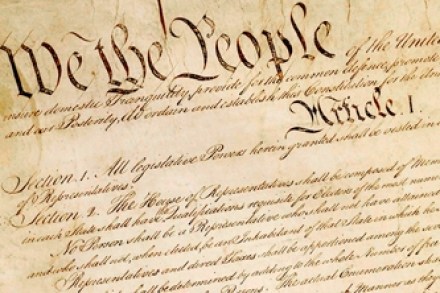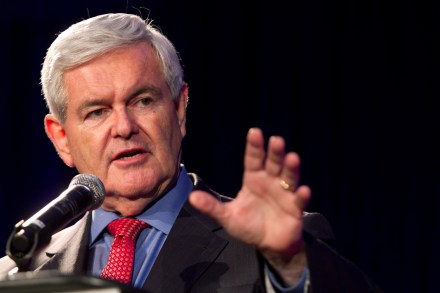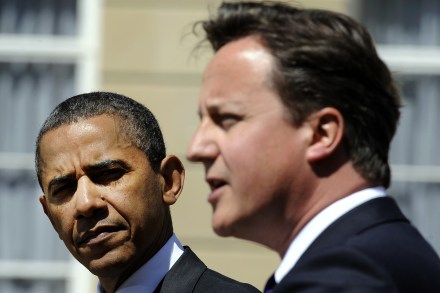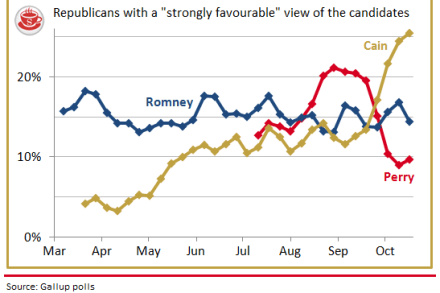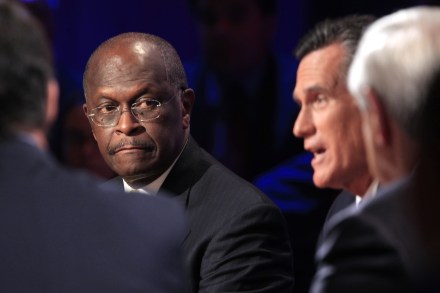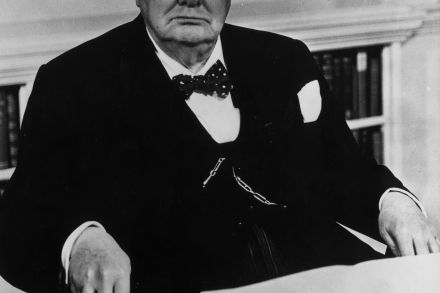Democrats’ strong results bolster Obama’s hopes
Things haven’t been looking particularly good for the Obama 2012 campaign of late. Half the country disapproves of his performance so far, the economy’s very weak and Mitt Romney’s grip on the Republican nomination is tightening. And the last two sets of November elections have seen the electorate move towards the Republicans. In 2009, they took over the governorships Virgnia and New Jersey. Last year, they won control of House of Representatives and increased their numbers of Senators and Governors. But this year, the story’s different: Democrats scored some important wins yesterday, making their prospects for 2012 that bit brighter. Kentucky Governor Steve Beshear won re-election by a 20-point margin;


